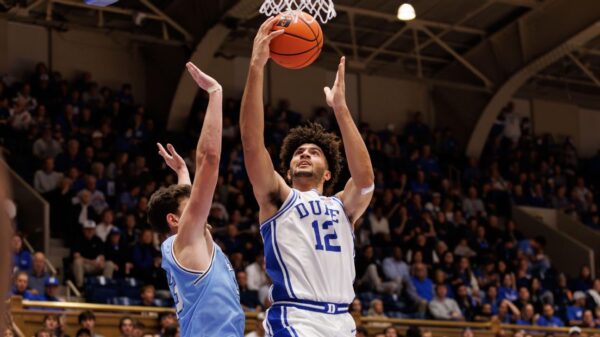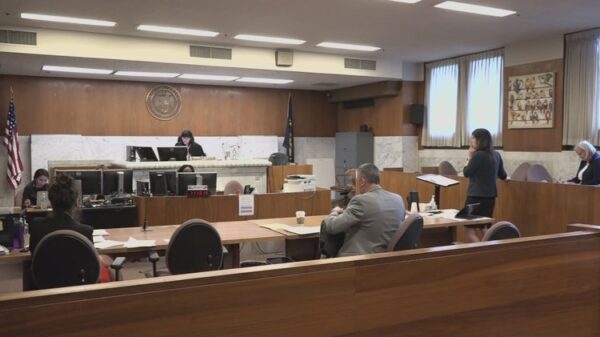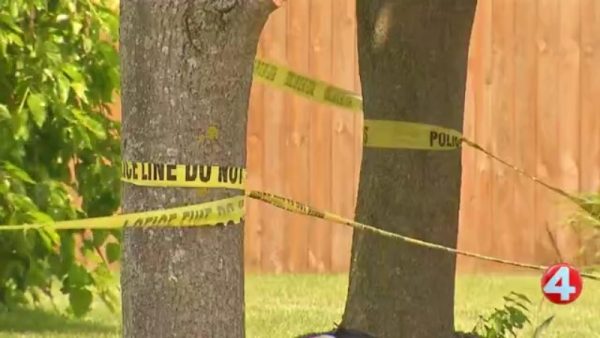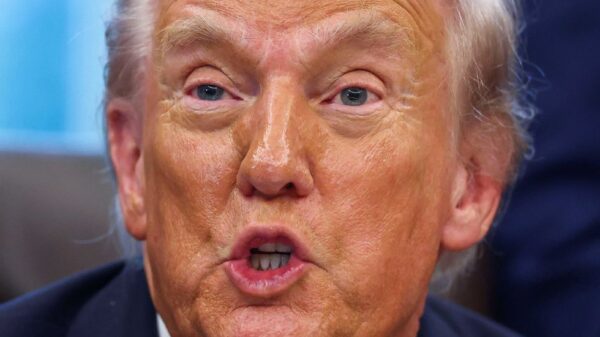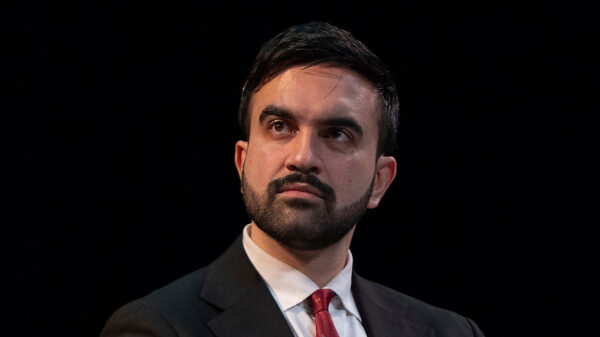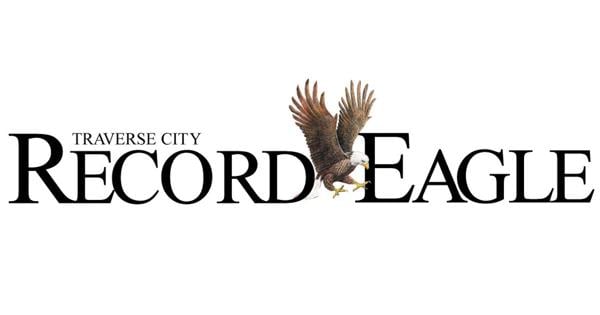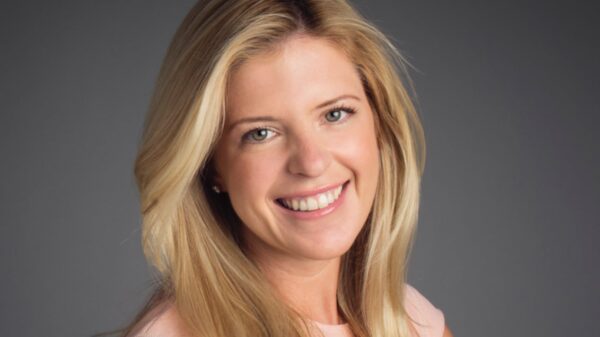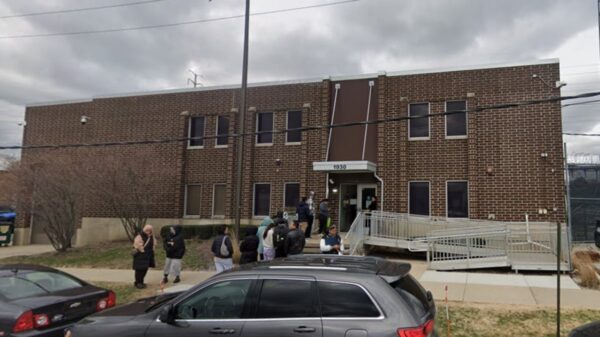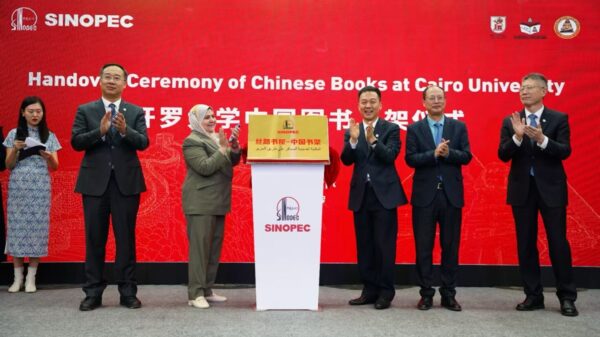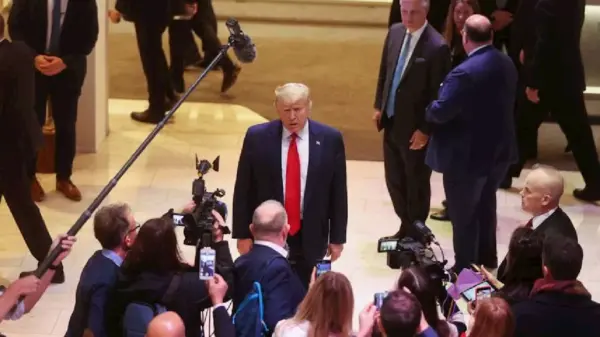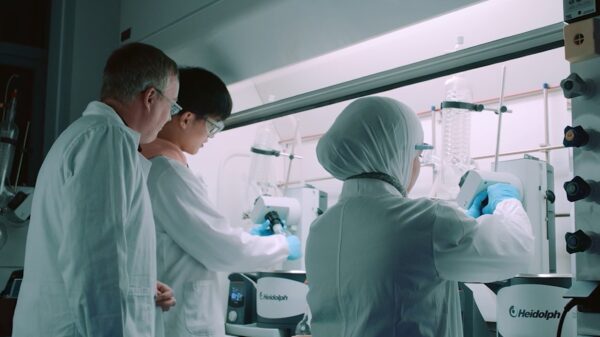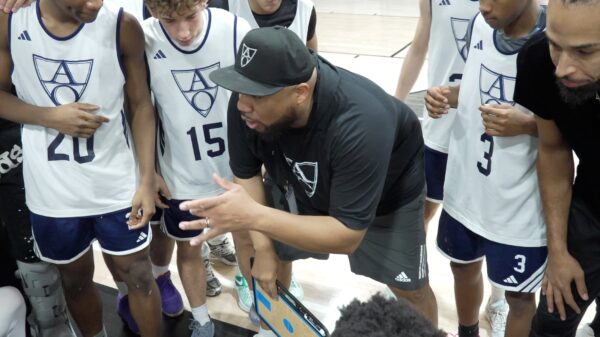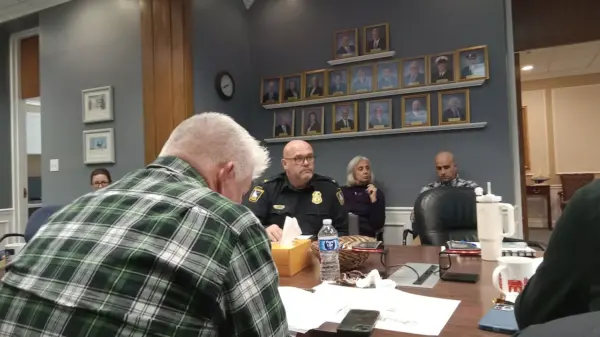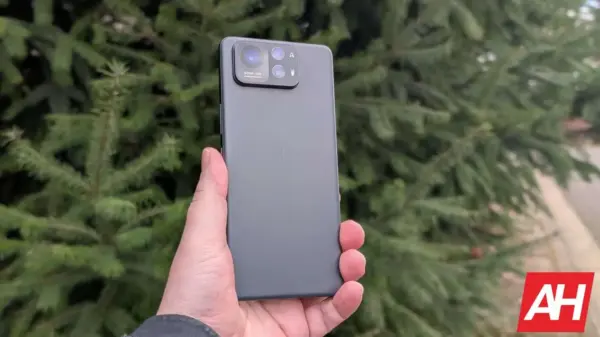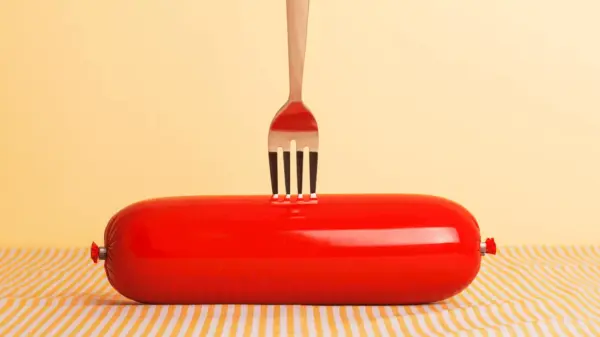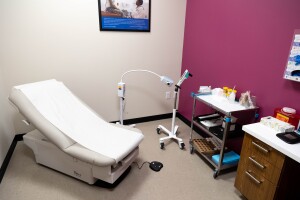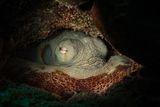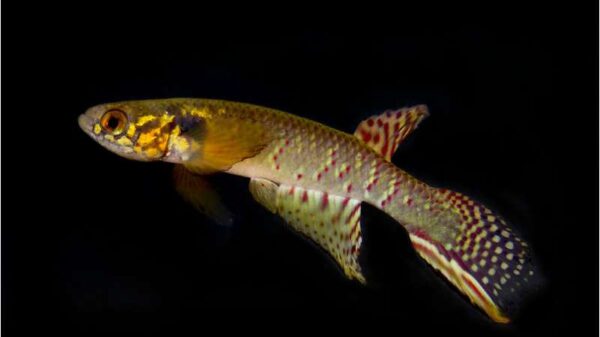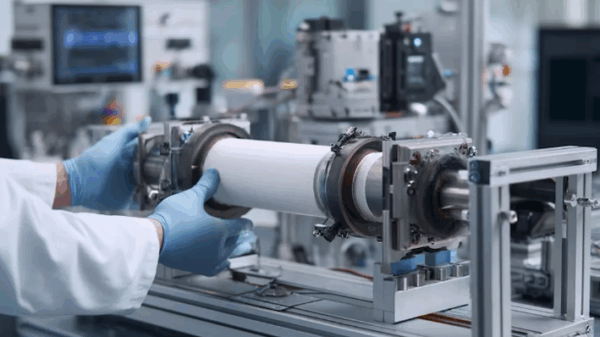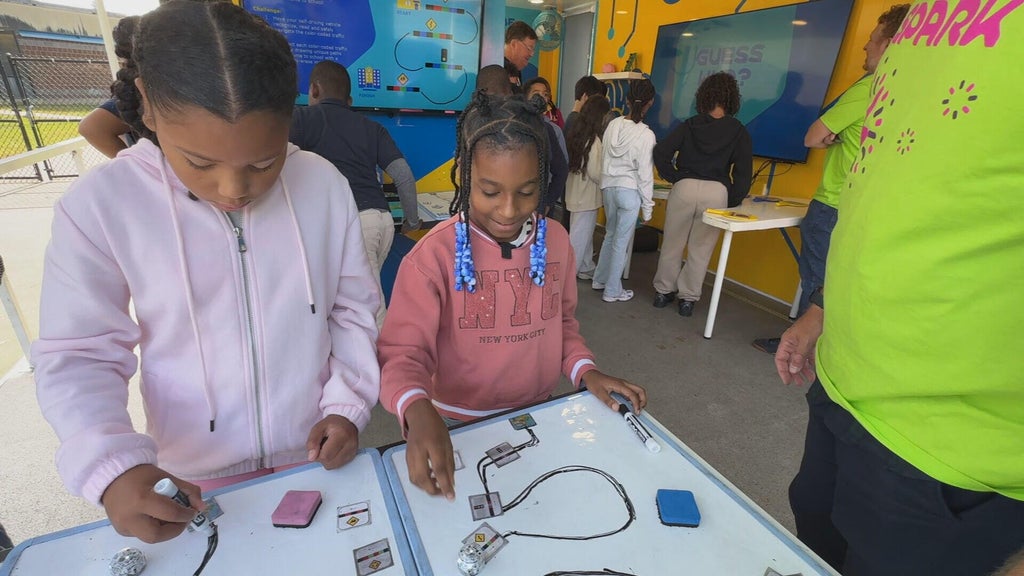The Curiosity Cube, a high-tech mobile lab, is making waves in Boston by connecting students with real-world scientific experiments. Housed in a shipping container, this innovative space allows students to engage directly with science, fostering curiosity and hands-on learning experiences. During a recent visit, students participated in activities focused on artificial intelligence, where they identified AI-generated images and programmed small robot cars to navigate paths they created.
Salma, a student from Boston’s Ohrenberger School, shared her enthusiasm for the experience. “I actually love science; it feels like being in a space box, learning by yourself but with other people helping you,” she said. Her excitement reflects the broader aim of the Curiosity Cube to ignite a passion for science among young learners.
Transforming Science Education
Teachers have noted a significant difference in student engagement when using the Curiosity Cube. Meredith McKenna, a teacher at Ohrenberger School, observed her students’ excitement as they experimented with drawing pathways for the robot cars. “They’re going to remember this, how the AI cars drove just because they drew them. That spark of curiosity is why we teach,” McKenna remarked.
The Curiosity Cube is managed by MilliporeSigma, a life sciences company that provides the lab and staff to facilitate these educational experiences at no cost. “Our goal is to take the science experiments to the students so that we can spark their curiosity,” said Haya Abdelkarim, the Curiosity Cube coordinator. She emphasized the importance of hands-on learning, stating that students retain information better when they physically interact with experiments.
Encouraging Diversity in STEM
A key objective of the Curiosity Cube is to inspire a diverse future workforce in science, technology, engineering, and mathematics (STEM). “We want to spark curiosity; we want those kids to fill up those science roles, especially with girls,” Abdelkarim noted. This initiative aims to break down barriers and encourage equal participation in science for all genders.
Salma articulated this desire for equality, saying, “Women can do it if they want. I feel like more girls are doing science experiments. It wouldn’t be fair if only men would do it. They should be equal.” Her ambition to pursue a career in medicine, specifically as a doctor for children with cancer, highlights the potential impact of such programs on students’ future aspirations.
The Curiosity Cube initiative stands as a promising model for science education, emphasizing engagement and inclusivity. By bringing science directly to students, it creates lasting memories and knowledge that traditional classroom settings often cannot achieve. For more information about the Curiosity Cube and its upcoming events, interested parties can visit their official website.



